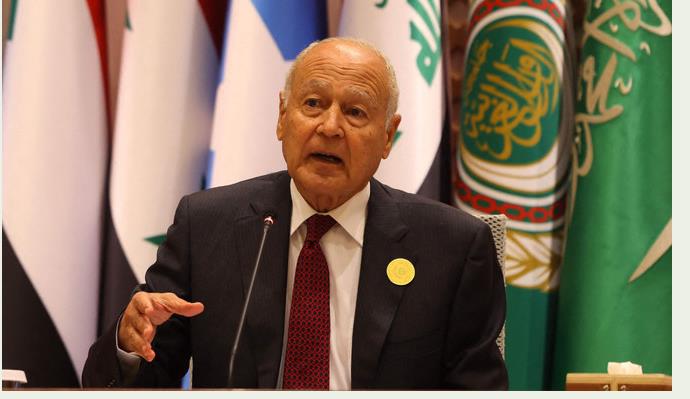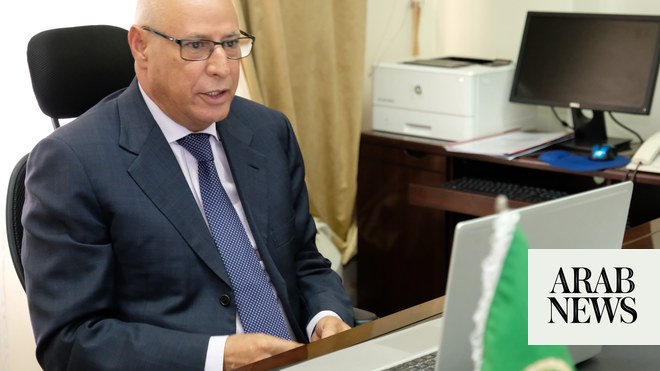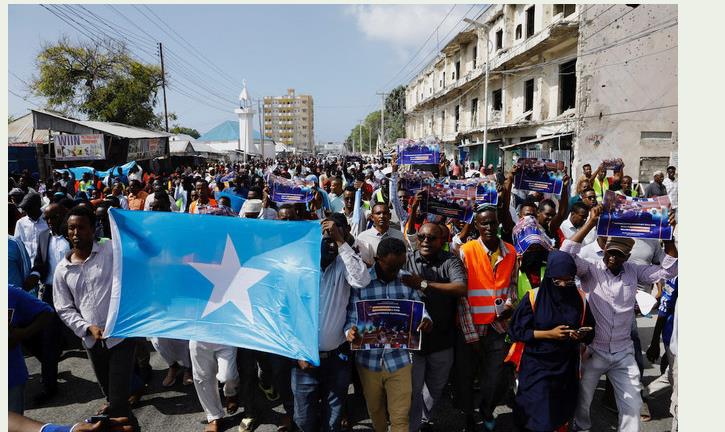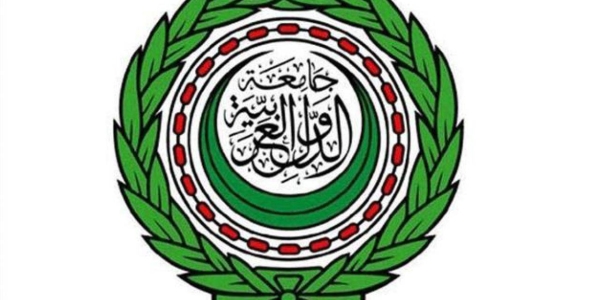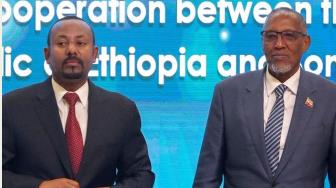
Meeting of foreign ministers convened at the request of Somalia and with the support of 12 Arab countries
Ethiopia to gain naval and commercial access to Somaliland’s Berbera port in exchange for recognition of the region’s independence
CAIRO: The Arab League has called an emergency meeting via video conference on Wednesday to discuss the implications of the recent memorandum of understanding signed by Ethiopia and Somaliland.
Ambassador Hossam Zaki, assistant secretary-general of the league, said the meeting of foreign ministers had been convened at the request of Somalia and with the support of 12 Arab countries.
He said Somalia had submitted an explanatory memorandum with complete consensus supporting its position.
Morocco, the current president of the ordinary session of the Arab League Council, will chair the meeting.
Arab League Secretary-General Ahmed Aboul Gheit will meet Somali leader Hassan Sheikh Mohamud if he is in Cairo during the president’s upcoming visit, added Zaki.
Elias Sheikh Omar Abu Bakr, Somalia’s ambassador to Egypt and permanent representative to the league, announced on Jan. 4 that his country had submitted a request for an emergency meeting.
The ambassador stressed the need to take a unified Arab position to respond to the “blatant violation carried out by Ethiopia against the sovereignty and territorial integrity of Somalia.”
He said Ethiopia’s “unilateral measures constituted a threat to Arab national security and navigation in the Red Sea,” and criticized the memorandum as an attempt to undermine Somalia’s sovereignty, independence, and unity.
The ambassador called on Arab countries to defend Somalia’s sovereignty and territorial integrity under international resolutions and laws, while stressing the importance of adhering to the rules of good neighborliness to enhance peace, security, and stability in the Horn of Africa region.
He said the step taken by Ethiopia represented a blatant violation of Somali sovereignty and further inflamed the situation in the region, and warned of the consequences of the move.
The Arab League and the Arab Parliament on Jan. 3 joined the Somali government in condemning the controversial deal between Ethiopia and Somaliland, which declared its independence from Somalia in 1991.
The Arab League said the memorandum of understanding violated Somalia’s sovereignty and territorial integrity.
Ethiopia signed an agreement on Jan. 1 granting it naval and commercial access to a port on Somaliland’s coast in exchange for recognition of the breakaway region’s independence.
The memorandum, which was signed by Ethiopia’s Prime Minister Abiy Ahmed and Somaliland leader Muse Bihi Abdi, gives Ethiopia access to the Red Sea port of Berbera.




